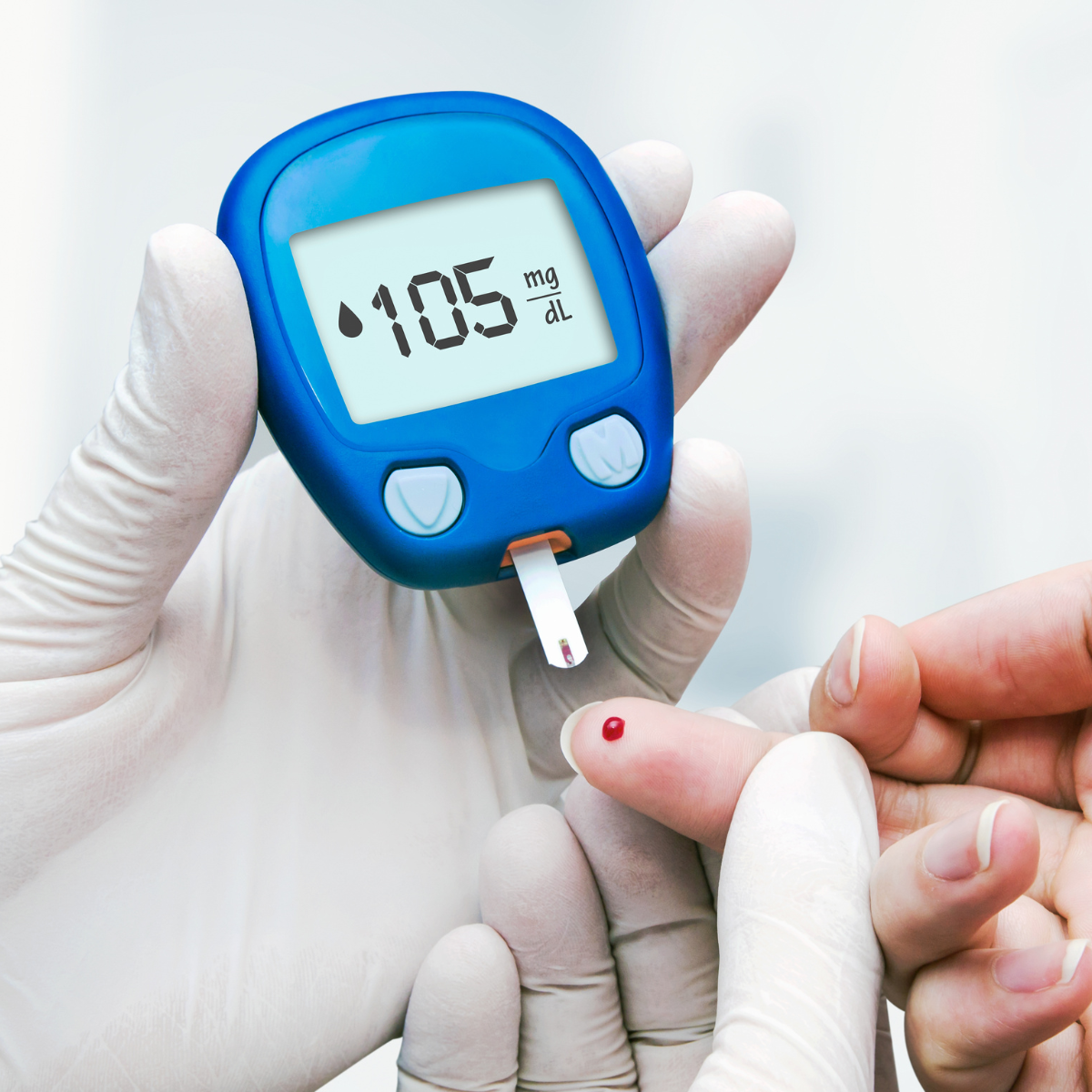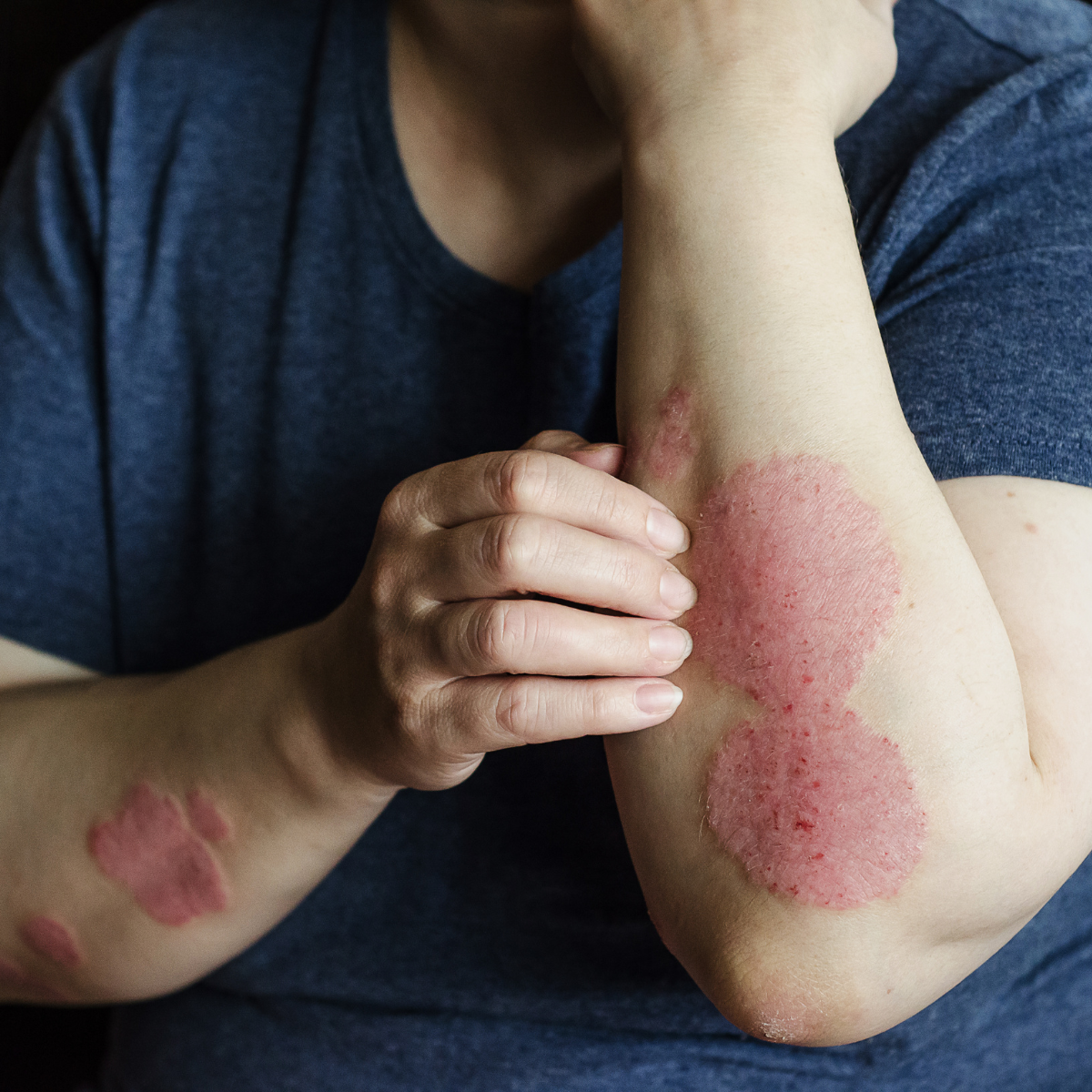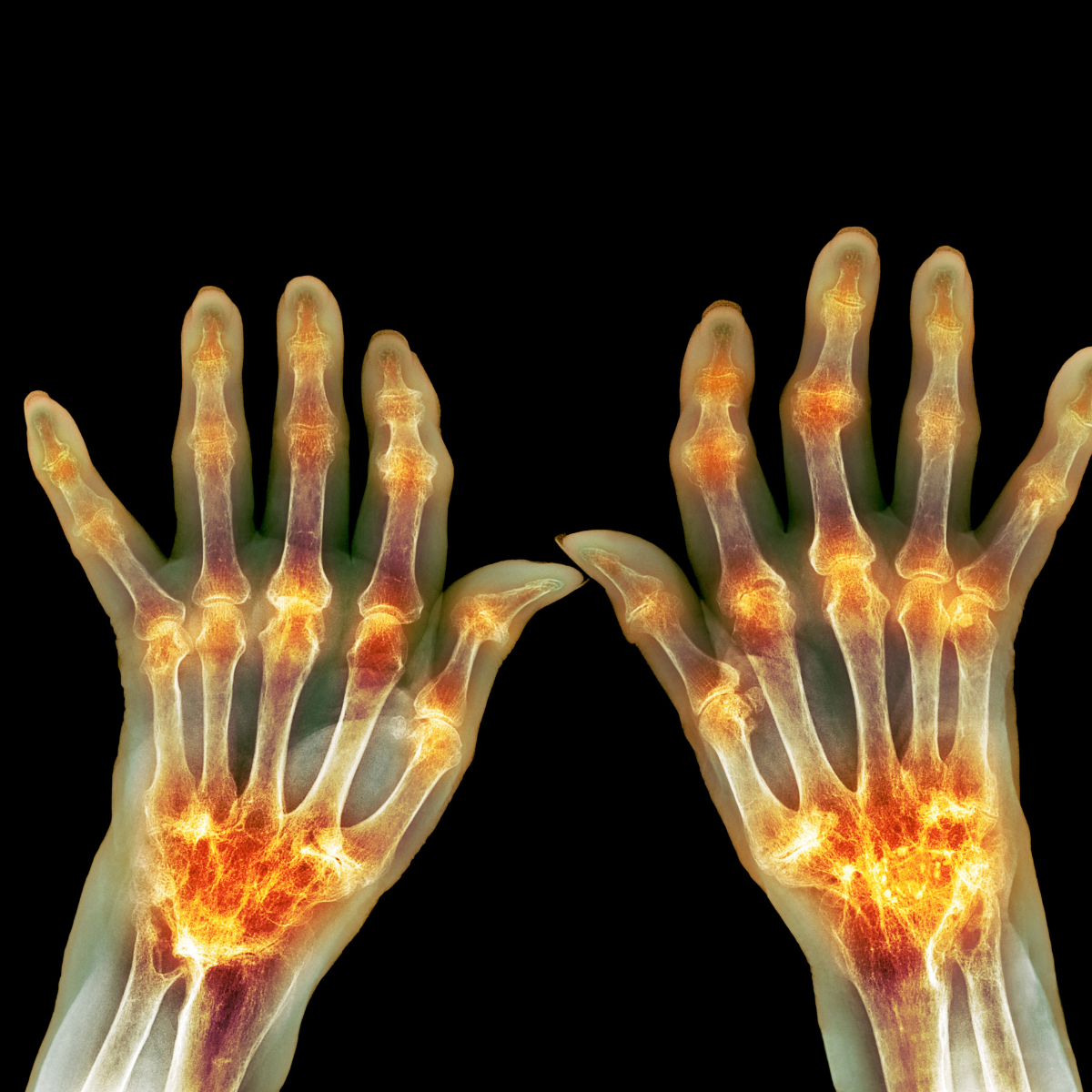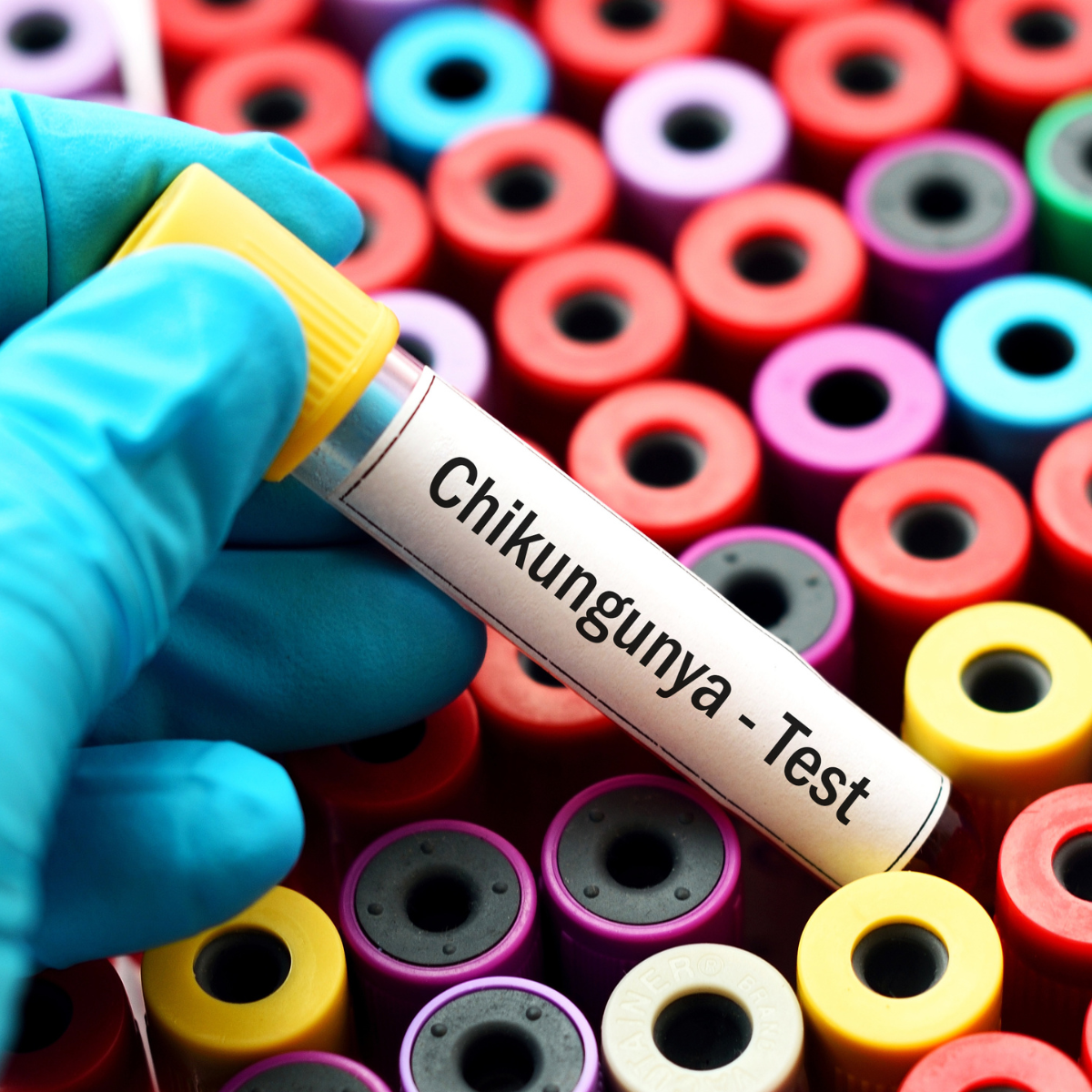
DIABETES
🧾 What Is Type 2 Diabetes & What Happens Inside the Body?
Type 2 Diabetes Mellitus (T2DM) occurs when the body either doesn't produce enough insulin or the cells become resistant to it. Insulin is the hormone that helps glucose (sugar) enter cells to be used for energy. When this system breaks down, sugar stays in the bloodstream, leading to high blood glucose levels over time.
Dr. Umesh explains it as your body’s sugar manager (insulin) getting overworked or giving up, especially due to poor food habits and low activity levels. It’s not just about eating sweets—it’s about how your entire lifestyle affects your body’s ability to process sugar.
🧬 Disease Progression:
Pre-Diabetes: Blood sugar levels are higher than normal, but not high enough for a diabetes diagnosis.
Early T2DM: Insulin resistance begins, pancreas tries to compensate by producing more insulin.
Progressed T2DM: Insulin production declines, leading to uncontrolled blood sugar and organ damage over time.
Complications: Eye damage, nerve pain, kidney issues, cardiovascular diseases.
🔍 Common Root Causes:
-
Excess consumption of refined carbs and sugars
-
Sedentary lifestyle
-
Chronic stress and poor sleep
-
Genetics and family history
-
Visceral fat and obesity
-
Nutrient-poor, imbalanced diet
📊 Prevalence:
India is known as the Diabetes Capital of the World, with over 134 million people living with pre-diabetes or diabetes.
🚨 Signs & Symptoms:
Symptoms may appear gradually and often go unnoticed early on:
-
Frequent urination
-
Increased thirst
-
Fatigue
-
Blurred vision
-
Slow-healing wounds
-
Tingling/numbness in hands or feet
-
Unexpected weight changes
Note: Many individuals don’t experience symptoms until complications arise.
🥗 Nutritional Approach to Management
Dr. Umesh emphasizes managing sugar, not eliminating it. The goal is sustainable eating, not crash dieting. Portion control and meal composition matter more than total sugar avoidance.
🧂 Core Dietary Focus:
-
Balanced Macros: Combine complex carbs, quality proteins, and healthy fats.
-
Low Glycemic Index (GI): Focus on foods that release sugar slowly.
-
Fiber-Rich Foods: Help regulate blood sugar and improve gut health.
-
Controlled Portions: Avoid overeating, even of healthy foods.
✅ Foods to Include:
-
Leafy greens, bitter gourd, fenugreek
-
Whole grains like oats, quinoa, and millets
-
Legumes and pulses
-
Nuts and seeds (in moderation)
-
Lean proteins (tofu, paneer, eggs, fish)
-
Healthy fats like olive oil, ghee, avocado
⚠️ Foods to Limit (Not Eliminate):
-
Sugary beverages and fruit juices
-
Refined carbs: maida, white rice, white bread
-
Fried and processed foods
-
Sweets and bakery products
-
Honey, jaggery, and dates (natural but high GI)
Focus is on moderation, not complete elimination.
💊 Key Nutrients to Focus On:
-
Magnesium: Improves insulin sensitivity
-
Chromium: Supports carbohydrate metabolism
-
Vitamin D: Linked with insulin regulation
-
Vitamin B12: Especially important if on metformin
-
Omega-3s: Reduce inflammation
-
Zinc: Supports pancreatic function
Always consult your doctor before supplementing.
🧘 Lifestyle Recommendations
T2DM is best managed through consistent lifestyle habits, not shortcuts.
🏃 Movement:
-
Daily 30–45 mins of physical activity
-
Walk 15 mins post meals to stabilize sugar
-
Include strength training twice a week
😴 Sleep:
-
Aim for 7–8 hours of quality sleep
-
Maintain consistent sleep/wake times
-
Avoid late-night screen time and meals
🧘 Stress Management:
-
Practice yoga, meditation, or breathing exercises
-
Journal, engage in hobbies, or go for walks
-
Chronic stress increases cortisol, which spikes sugar
📈 Monitoring & Tracking
Track key health metrics regularly to understand progress.
🩺 Relevant Lab Markers:
-
HbA1c: 3-month average of blood sugar
-
Fasting Blood Sugar (FBS)
-
Post-Prandial Blood Sugar (PPBS)
-
Lipid Profile
-
Liver & Kidney Function Tests
📓 Body Signals to Monitor:
-
Energy levels
-
Mood and focus
-
Sleep quality
-
Digestion and bowel regularity
-
Sugar cravings and satiety
Use a food and symptom journal or CGM (Continuous Glucose Monitor) if needed.
📞 Take the Next Step
If you or a loved one is managing T2DM, Dr. Umesh and his team can help build a realistic, enjoyable plan that works long-term.
What to Expect from the Consultation:
-
Personalized lifestyle and nutrition assessment
-
Step-by-step support for food, stress, sleep, and movement
-
Regular check-ins and lab monitoring guidance
-
Tools and plans you can follow at your own pace
📅Click here to Book your free 30-minute consultation
Learn More
For a deeper understanding, watch Dr. Umesh Wadhawani’s detailed explanation on Diabetes- 📺 Watch Now on YouTube











